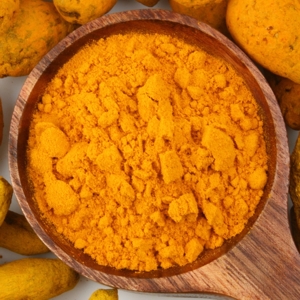We all want to enjoy better health, and we’re all concerned about the health of our gut microbiomes. One major factor in the latter is systemic inflammation. Three anti-inflammatory foods – two probably new to you and an old favourite – can help…
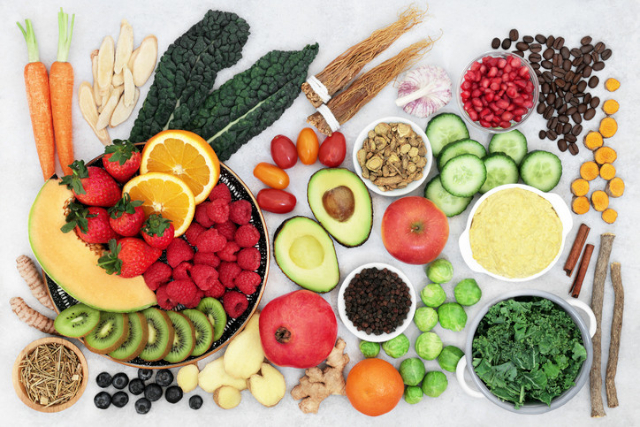 A collage of common anti-inflammatory foods…
A collage of common anti-inflammatory foods…
It’s constantly being proven, in university research and pop culture circles, that natural-source anti-oxidants and anti-inflammatories are the best way to combat gastrointestinal ills linked to systemic inflammation.
We’ve all known for some time that a few select common foods are beneficial. Blueberries, cranberry juice, dark plums (and other dark red and purple fruits) and dark green leafy veggies are all high particularly in the goof stuff.
But, the price of fresh fruits and veggies continues to soar – in spite of a recent drop in the overall inflation rate. It’s getting harder for many folks to afford the protection they offer.
Time to look at the issue from another perspective. And consider some up-and-coming alternatives…
Turmeric
A good source of antioxidants and an abundant natural source of curcumin – a powerful anti-inflammatory in its own right. Turmeric has been getting a lot of intention from the health food community, nutrition professionals alike over the past two or three years.
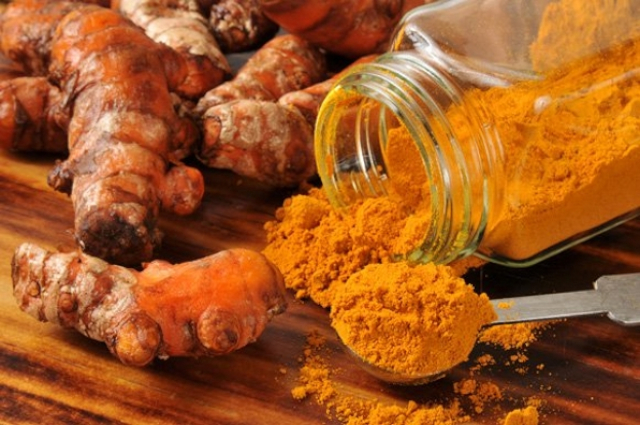
It’s relatively inexpensive and easy to find, even in mainstream supermarkets. But the experts say it’s always better to get spices from specialty shops. They turn over stock more quickly and, thus, usually have fresher, more potent stuff. In the case of spices, products may also be significantly less expensive.
Turmeric is variously described as mustardy, mildly curry-like or peppery. One thing cooks agree on is, it’s mild compared to many other sharp spices. And if you decide to experiment with turmeric, you may discover a whole new dimension of flavour. First of all, try substituting it for paprika or mustard in old familiar recipes. And enjoy the visual interest its bright orange-yellow colour imparts to your dishes!
Moringa
This is one you probably haven’t heard of until now. The dark green oval leaves are usually dried and ground to a powder. You won’t find it at the supermarket. But they will probably have heard of it at your local supplement or health food store.
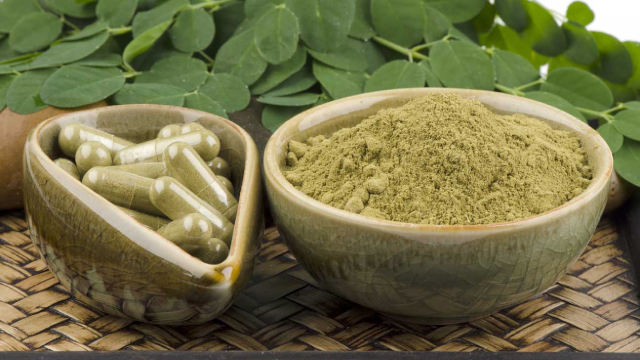
According to Medical News Today, Moringa is a regular cornucopia of good stuff: “Moringa has been used for centuries due to its medicinal properties and health benefits. It also has antifungal, antiviral, antidepressant, and anti-inflammatory properties.”
WebMD says, “It can be grown cheaply and easily, and retains much of its nutritional value when dried. As an antioxidant, it seems to help protect cells from damage. Moringa might also help decrease inflammation and reduce pain.” It’s been known and used medicinally and as a food for hundreds of years in some parts of the world.
Yuzu Fruit
This is a small, round yellow pebbly-skinned citrus fruit – think: a miniature lemon. It’s considered a medicinal powerhouse. Cozymeal.com calls it, “a powerful antioxidant-and-vitamin one-two punch for its size, similar to a mandarin.”
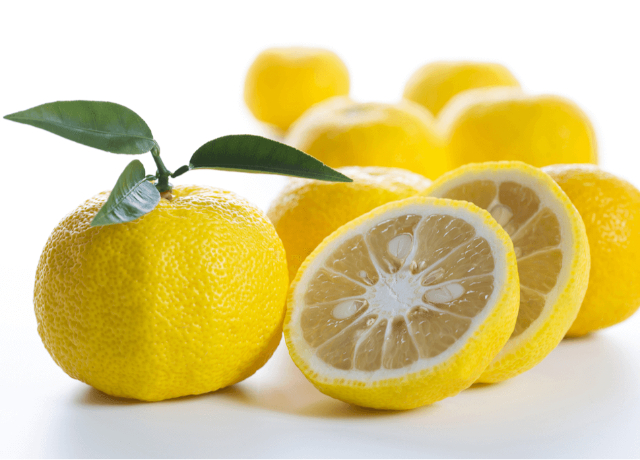
Healthline.com says, “Limonene, a flavor compound in the peel of Yuzu and other citrus fruits, acts as an antioxidant and helps reduce inflammation.” This website lists a total of 13 proven and probable benefits offered by Yuzu.
What’s more, proponents say compounds if the fruit’s peel, when inhaled, can reduce anxiety and tension.
You should be able to get fresh Yuzu at any comprehensive Asian grocery store.
Give them a try!
You may be surprised how easy, inexpensive and fun it can be to enhance your body’s defences with anti-oxidant and anti-inflammatory foods.
~ Maggie J.

